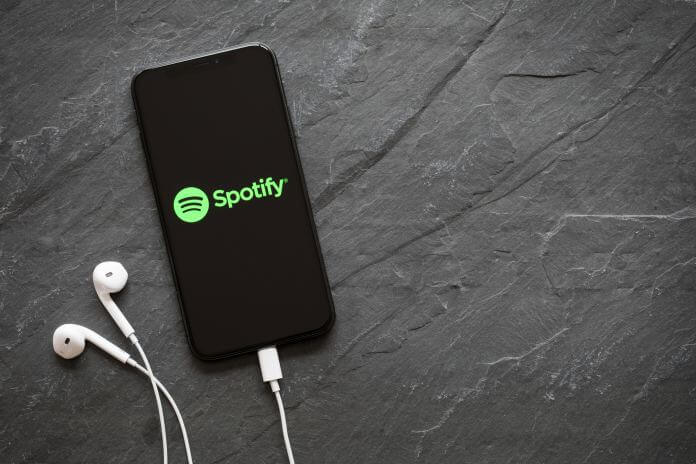Spotify stock was trading lower at $82.10 as of 01:03 PM EDT.
The biggest premium streaming music platform in the world has collapsed. It can stand back up. In 50 of its first 52 months as a publicly traded firm, Spotify Technology’s (NYSE:SPOT) stock has finished in the triple digits. If nothing miraculous happens on Halloween, this month will mark the third time in the company’s history that shares of the leader in global streaming music dip under $100.
For the platform, these are difficult times. There’s a fierce rivalry. Because ad-supported businesses are struggling, Spotify’s more lucrative premium service isn’t likely to do much better in a shaky economy. On Wednesday, the stock fell 13% as a result of the industry’s challenging conditions being confirmed by dismal quarterly results.
What if Spotify doesn’t simply fade out over time as countless songs have done over the years? What if the catalysts were to increase margins, launch the platform into long-term profitability, and essentially turn this beat around?
Spotify stock overview
Beginning in January 2018, Spotify was available for $132 as a starting point. Even though it received record-breaking interest, the initial public offering (IPO) is currently in a broken state. At the end of the third quarter, there were 456 million active users every month, a 20% increase from the previous year. A new third-quarter record for Spotify was set with the 23 million net additions it saw over the past three months.
Consuming the streaming audio platform can be done in one of two ways. 40% of those 456 million customers are paying a monthly membership fee for ad-free music streaming. However, you will have to endure audio advertisements, you can also use the service for free online. The problem with the latter is that although Spotify’s primary source of income and accounts for 60% of its audience, ad revenue only makes up 13% of its total income. Marketers won’t be increasing their advertising spending any time soon since the advertising industry is taking its lead from the economy’s recessionary vibrations.
Worse comes of it. In comparison to paid listeners, who increased by 13% over the past year, ad-supported users have grown by 24%. If the global economy continues to deteriorate, more premium accounts may decide to switch to the less lucrative ad-supported audience base.
Although the tendency is unpopular among investors, there are other factors at work. The cost of premium streaming is going up. Only recently have rival streaming music services from Apple and YouTube (owned by Alphabet) announced price rises. In the US, Spotify has maintained its position—the basic plan has cost $9.99 per month for more than ten years—but it now has the option to move up in line with its more niche competitors.
Despite this month’s record-low stock price for Spotify, the company is still alive. It might not be profitable on a reported basis, but it boasts a streak of 10 straight quarters of positive free cash flow. Over time, it will pay off for its recent decision to improve its podcasts despite courting controversy with some of the platform’s more radical characters. Now, Spotify offers millions of podcasts, some of which are only available there. Spotify will be able to stand out from its competitors when it comes to unique programming thanks to the increase in spoken word content, which has now expanded to audiobooks. Due to their captive and well-defined audiences, podcasts are also simpler to market to advertisers.
In terms of music stocks, this is still in the lead. It has a vibrant CEO, a well-liked product, and a cash-rich balance sheet, all of which should help it weather the approaching storm. If Spotify is able to get back on track, fade-outs can also fade back in, and patient investors may not have to wait too long for the stock to trade below $100. Read more here As Spotify Stock Falls, The CEO Recommends Boosting Fees For Us Members
Featured Image – Megapixl © Kaspiic















